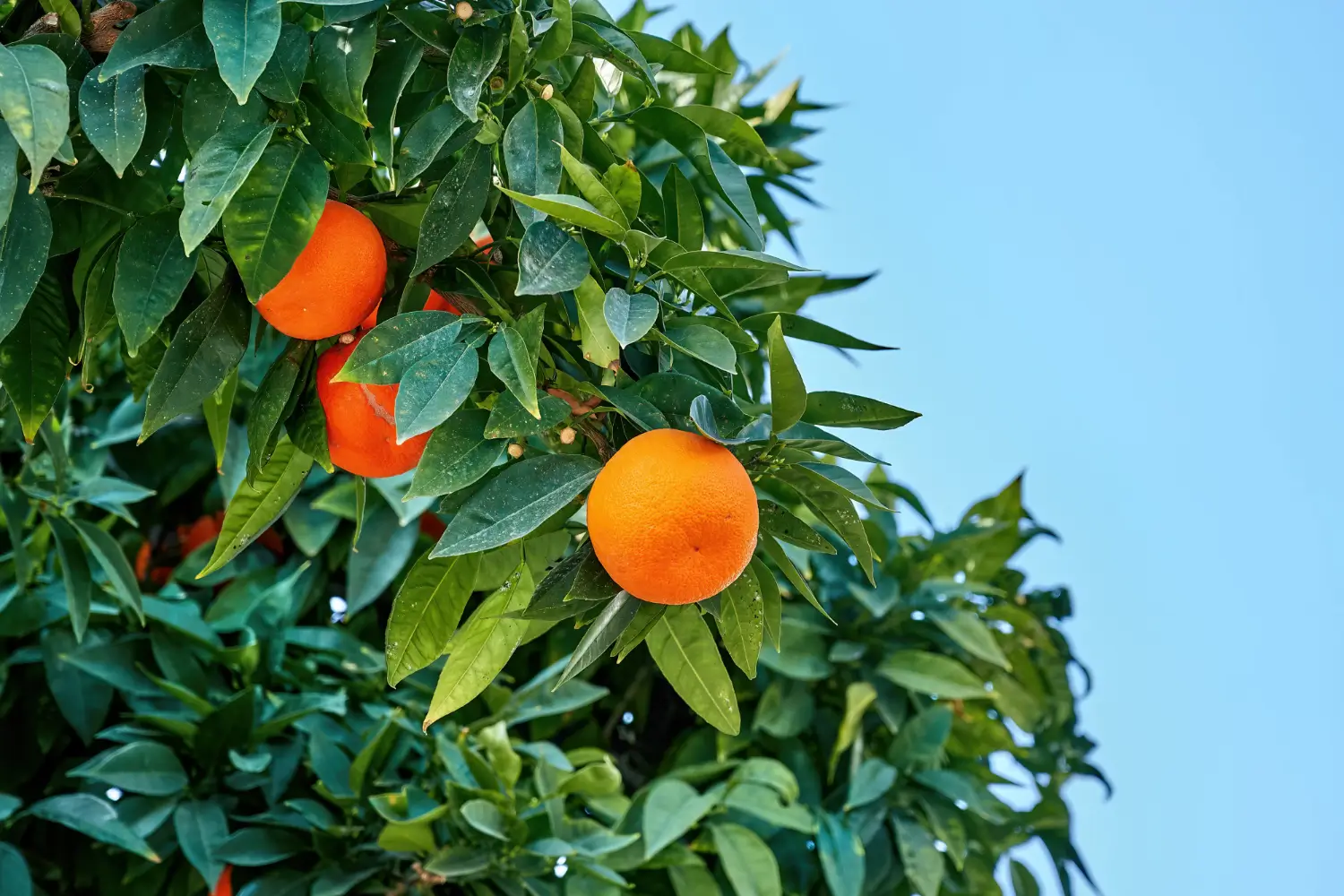
Soil Health & Fertilization
We unite suppliers and green industry professionals worldwide
Italian Eggplant (Solanum melongena), also known as Globe Eggplant or Aubergine, may be recognized as a standard product in Mediterranean cuisine and praised for its fatty, salty taste.
By Victor Miller
|Published on September 19, 2025
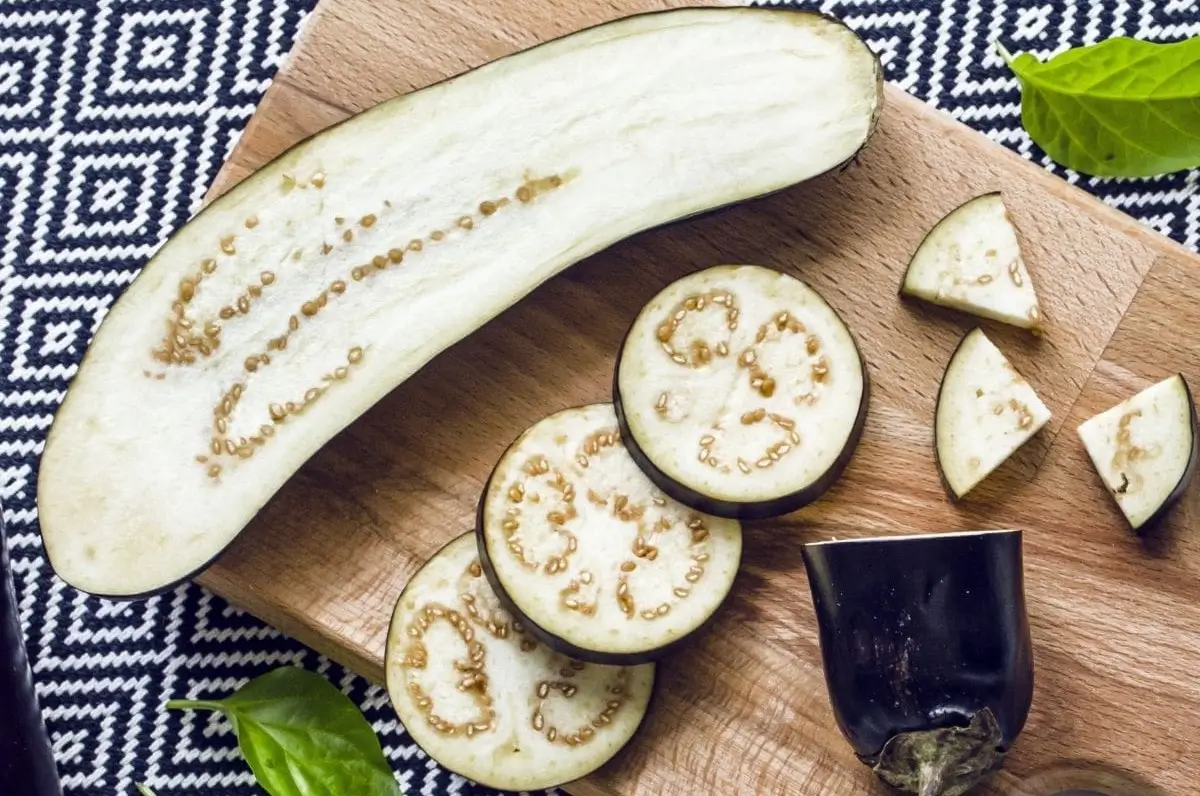

Italian Eggplant (Solanum melongena), also known as Globe Eggplant or Aubergine, may be recognized as a standard product in Mediterranean cuisine and praised for its fatty, salty taste. It is a specialist in hot weather crops, and its shiny, inky-purple skin. Its creamy, tender interior makes it a universal addition to any dish such as pasta or stews.
Regarding the growing of plants, the Italian eggplant can be specifically adapted to the warm weather conditions where it will surely grow in the shining sun, and the soil content should have great draining ability and should be watered at moderate levels.
| Scientific Name | Solanum melongena |
| Common Names | Italian Eggplant, Globe Eggplant, Aubergine |
| Family | Solanaceae (Nightshade family) |
| Genus | Solanum |
| Species | Solanum melongena |
| Cultivar | Several cultivars exist, including the popular Violetta di Firenze and Black Beauty, both commonly grown for their high yields and excellent flavor. |

September 25, 2025
9 minute read
September 24, 2025
9 minute read
September 23, 2025
10 minute read
September 22, 2025
9 minute read


Join as a seller and connect with thousands of B2B buyers nationwide!
Sign Up
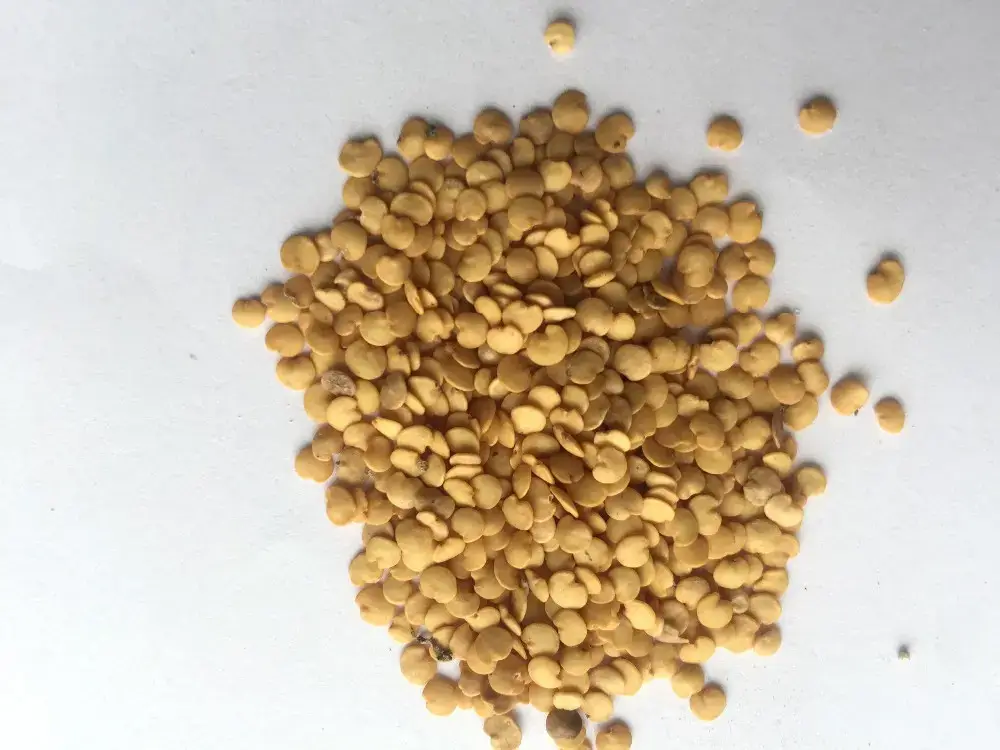
Eggplant
Aubergine (Solanum melongena) is a favorite vegetable that also has deep purple skin and creamy, smooth flesh.
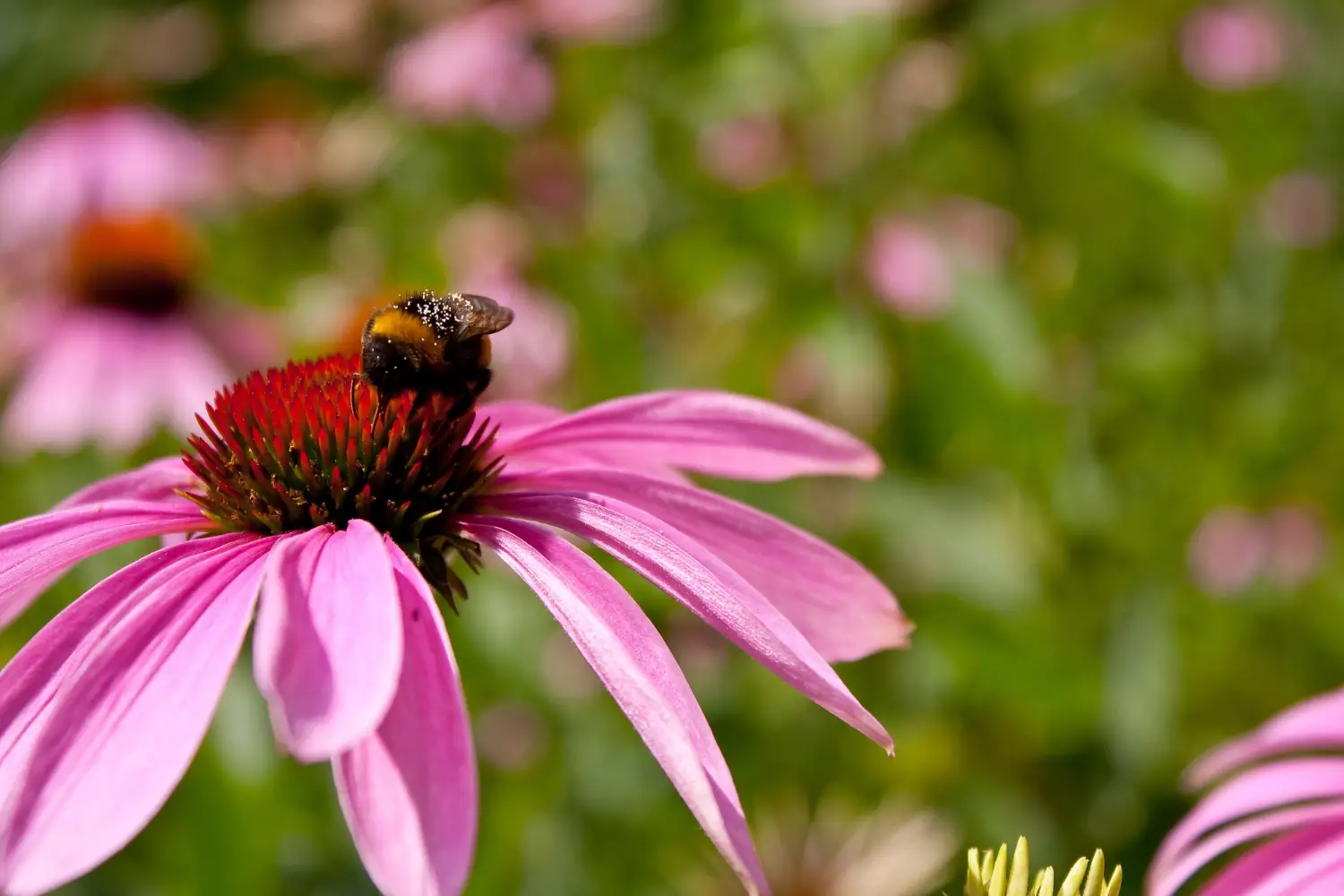
Echinacea
Echinacea is a vibrant and hardy flowering plant known for its bright, colorful blooms and distinctive charm.
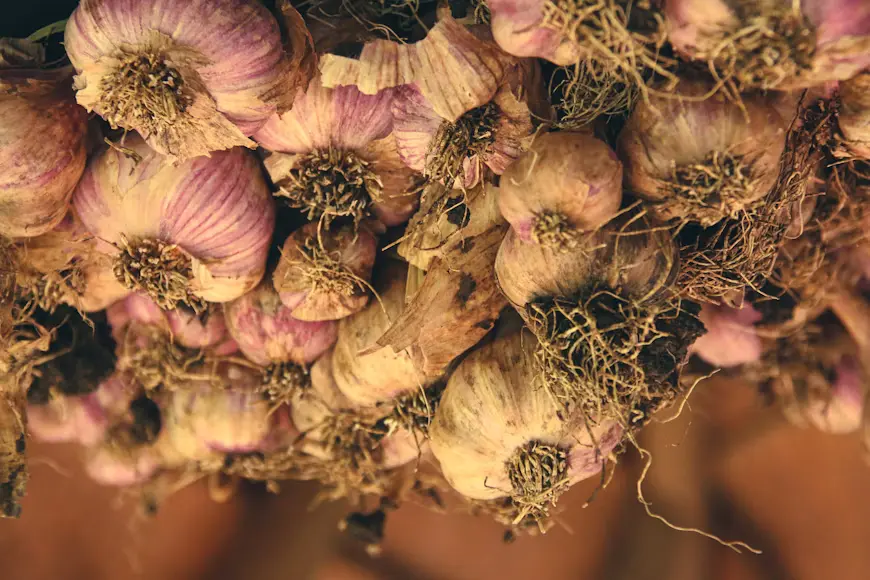
Garlic
Garlic, one of the oldest cultivated plants, is extensively used as a flavor boost for cooking and for its medicinal properties. Garlic is a favorite addition to kitchens everywhere as it has a robust flavor and adds great health benefits as well.
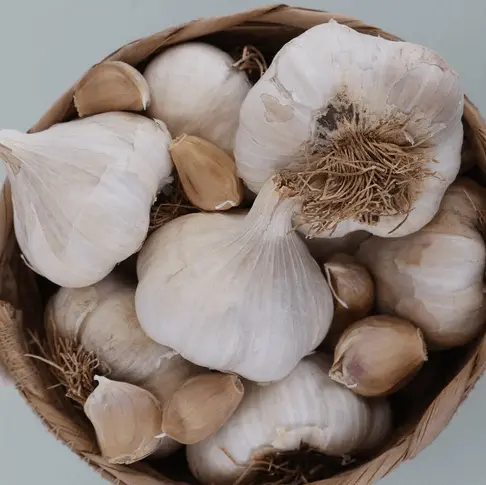
Garlic Softneck
Garlic grows well in many temperate conditions, but the Softneck variety is ideal for sunny Mediterranean-like atmospheres and it has cooking applications because of its versatility from boosting foods to medicinally providing relief.
Italian eggplant plants are strong growers that yield lovely, intense purple, oval, or teardrop-shaped fruit. The main characteristics of these plants are the following:
Italian eggplant is a universal vegetable that is used in different culinary uses:
In growing the Italian eggplant, it is significant that one gives it the right growing conditions:
Eggplant seeds are dry, small, and oval in shape, smooth with light tan to brown, which facilitates easy handling during eggplant sowing.
High rates of germination of seeds of Italian eggplant are advised as follows:
Seed vigor may be determined by testing the seeds in moisture and testing their ability to sprout. Seed viability is commonly determined by the cold test as well.
Viability Period: The seed of the eggplant will last 12 months to 2 years when stored in cold, dry places.
Eggplant seeds are usually planted indoors and moved outdoors once the chances of frost have passed to give them good growth and a high yield.
Italian eggplant is fairly non-sensitive to most pests, which is good, although the following are common problems:
Good storage and handling help to keep eggplant seeds good for the future.
Italian eggplant is a healthy, nutritious, and low-maintenance vegetable that grows well in warm and sun-drenched regions. It is famous for Mediterranean food because of its flavor and variety in cuisine.
Growing Italian eggplant seed is a pleasure as long as the expected growing conditions are provided, which include a well-drained soil, full sunlight, and a reasonable amount of watering. Gardeners can have a rich harvest of these delicious fruits by growing them using adequate planting, germination, and care methods.
Eggplant seeds typically take 7–14 days to germinate under ideal conditions (70°F–80°F or 21°C–27°C).
Eggplants need consistent moisture but should not be overwatered. Water deeply once the soil begins to dry out, ensuring the soil is moist but not soggy.
Common pests include aphids, flea beetles, and whiteflies. Regular monitoring and the use of organic pesticides can help control these pests.

Soil Health & Fertilization
Victor Miller
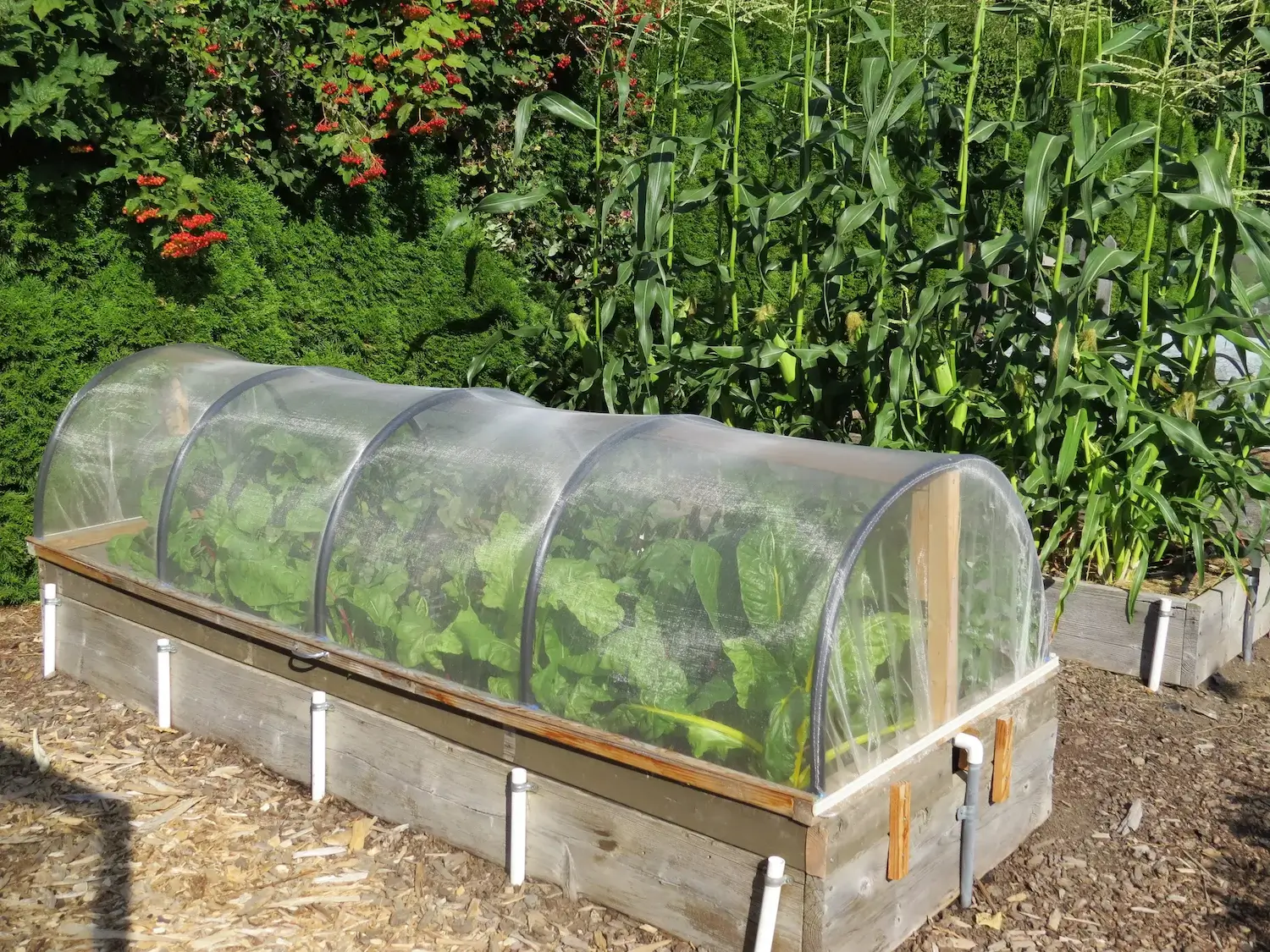
Pest Identification & Prevention
Victor Miller
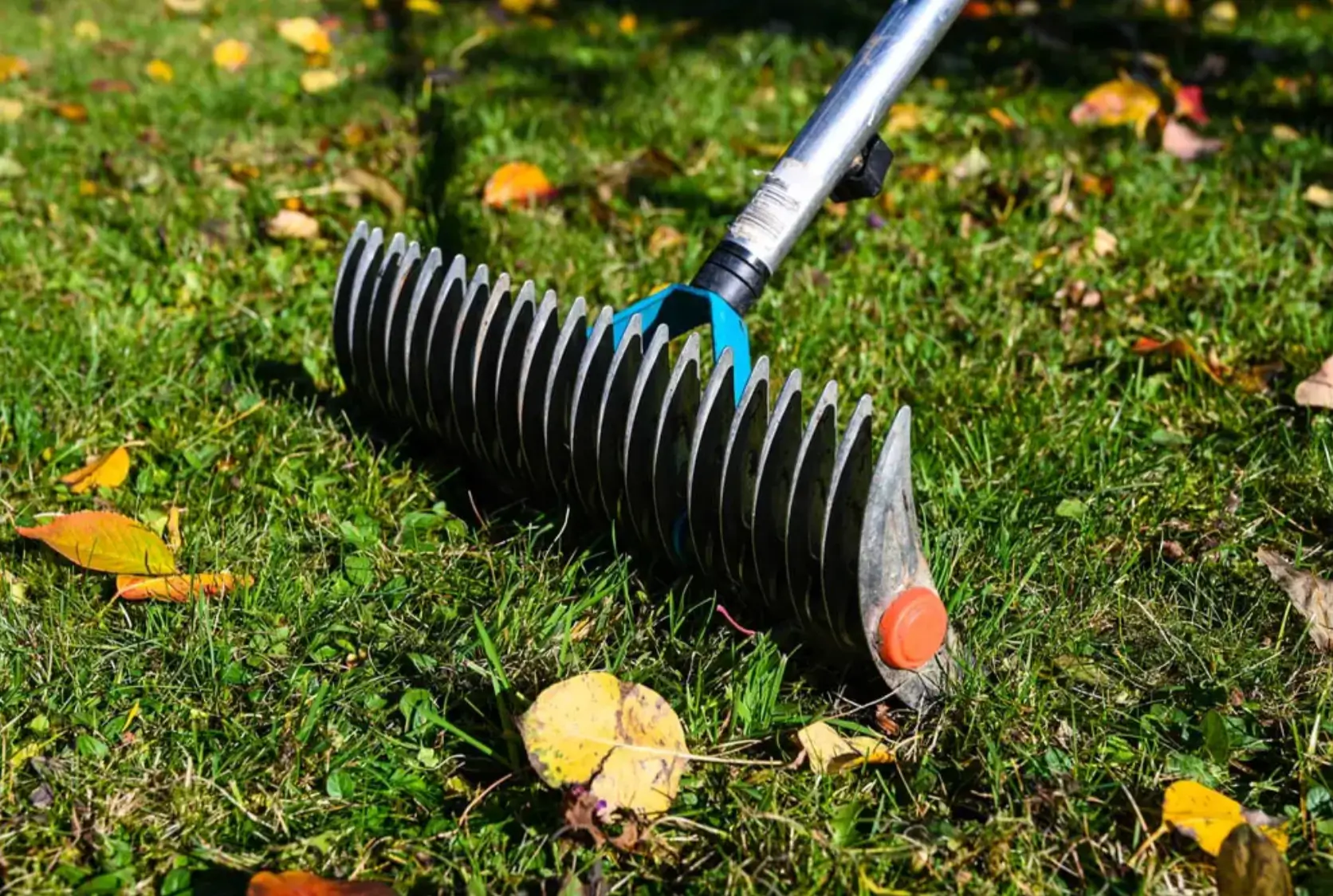
Lawn Care Tips & Maintenance
Victor Miller
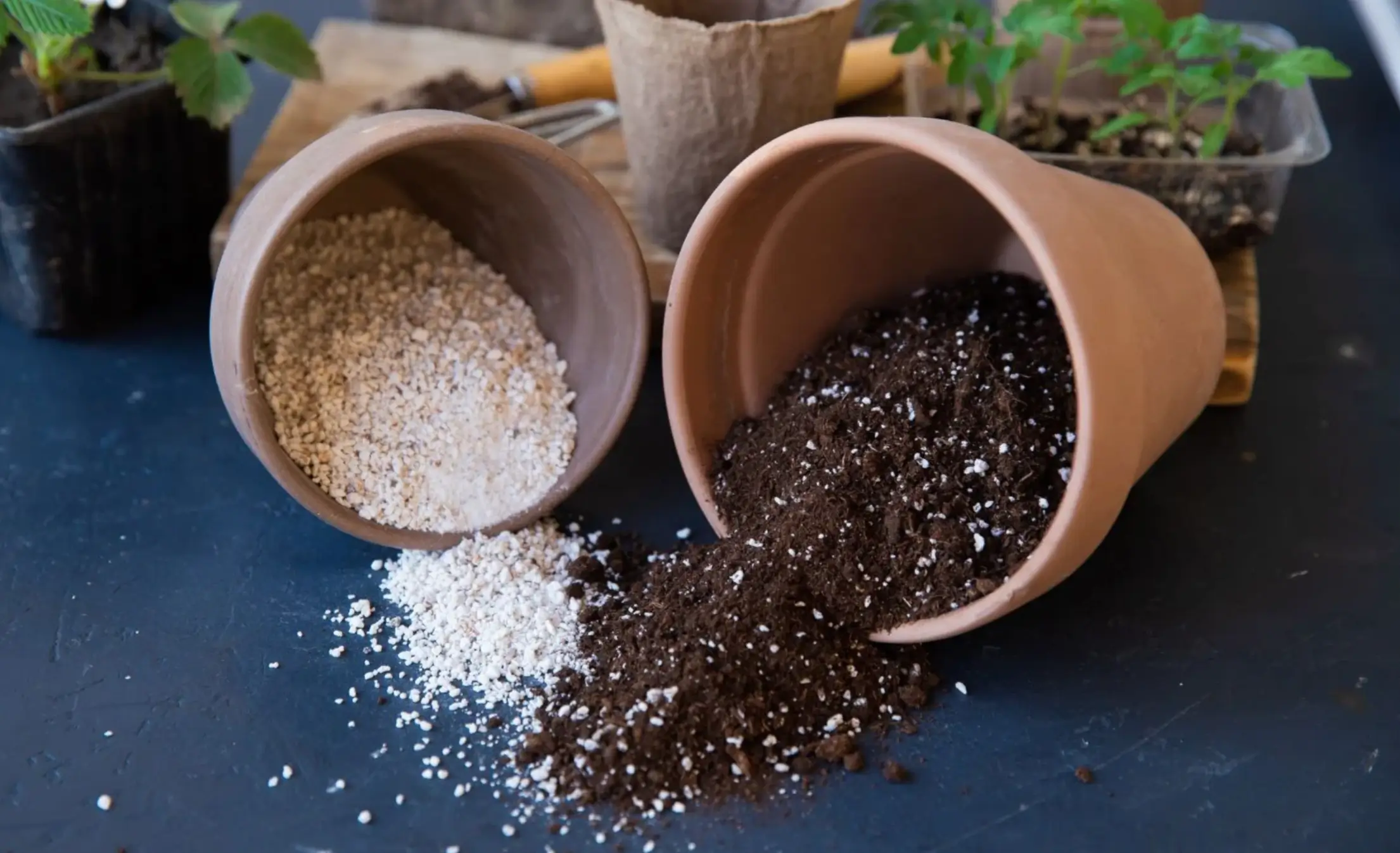
Soil Health & Fertilization
Victor Miller
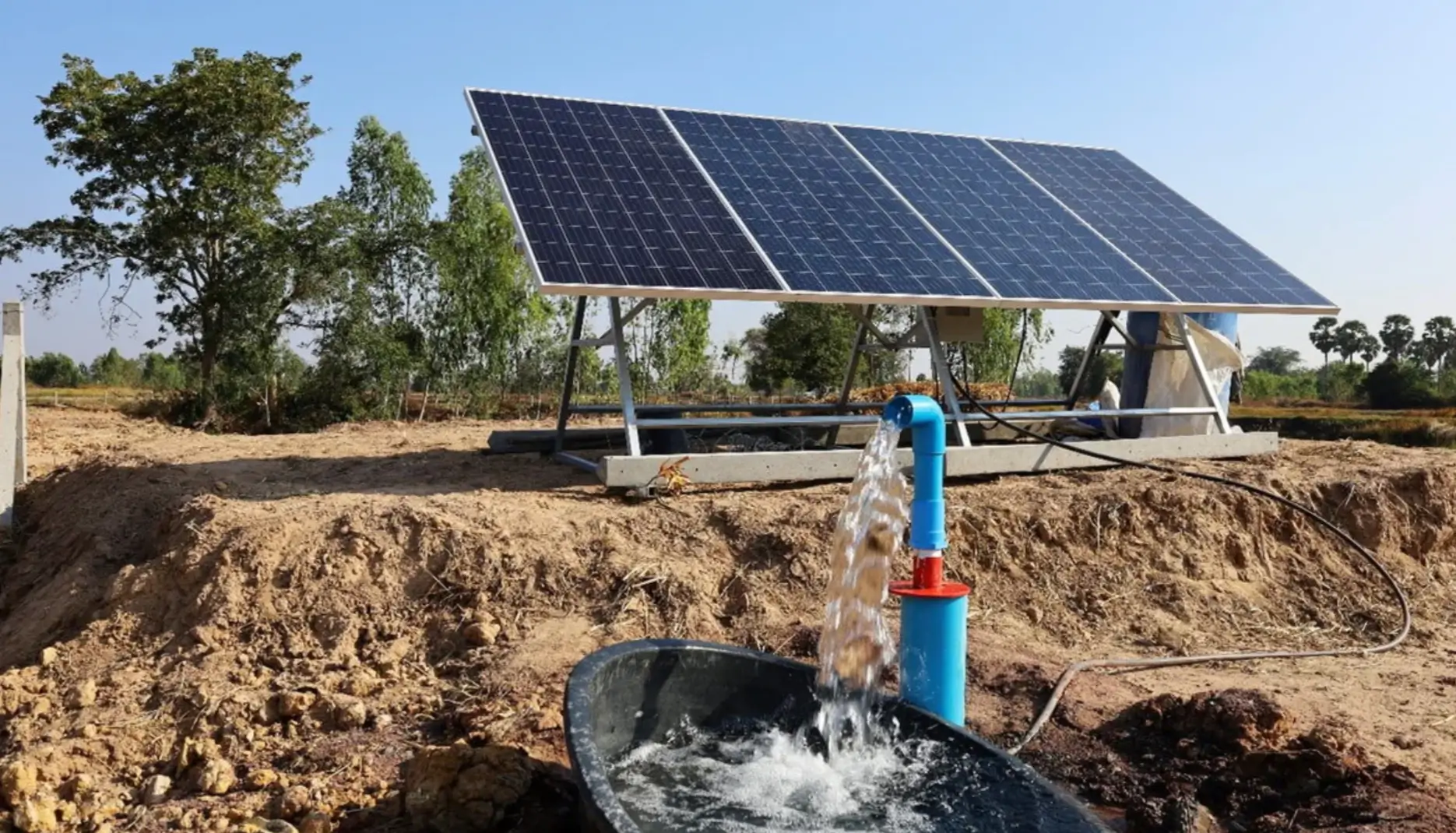
Smart Irrigation Systems
Victor Miller

Patios, Walkways & Driveways
Victor Miller
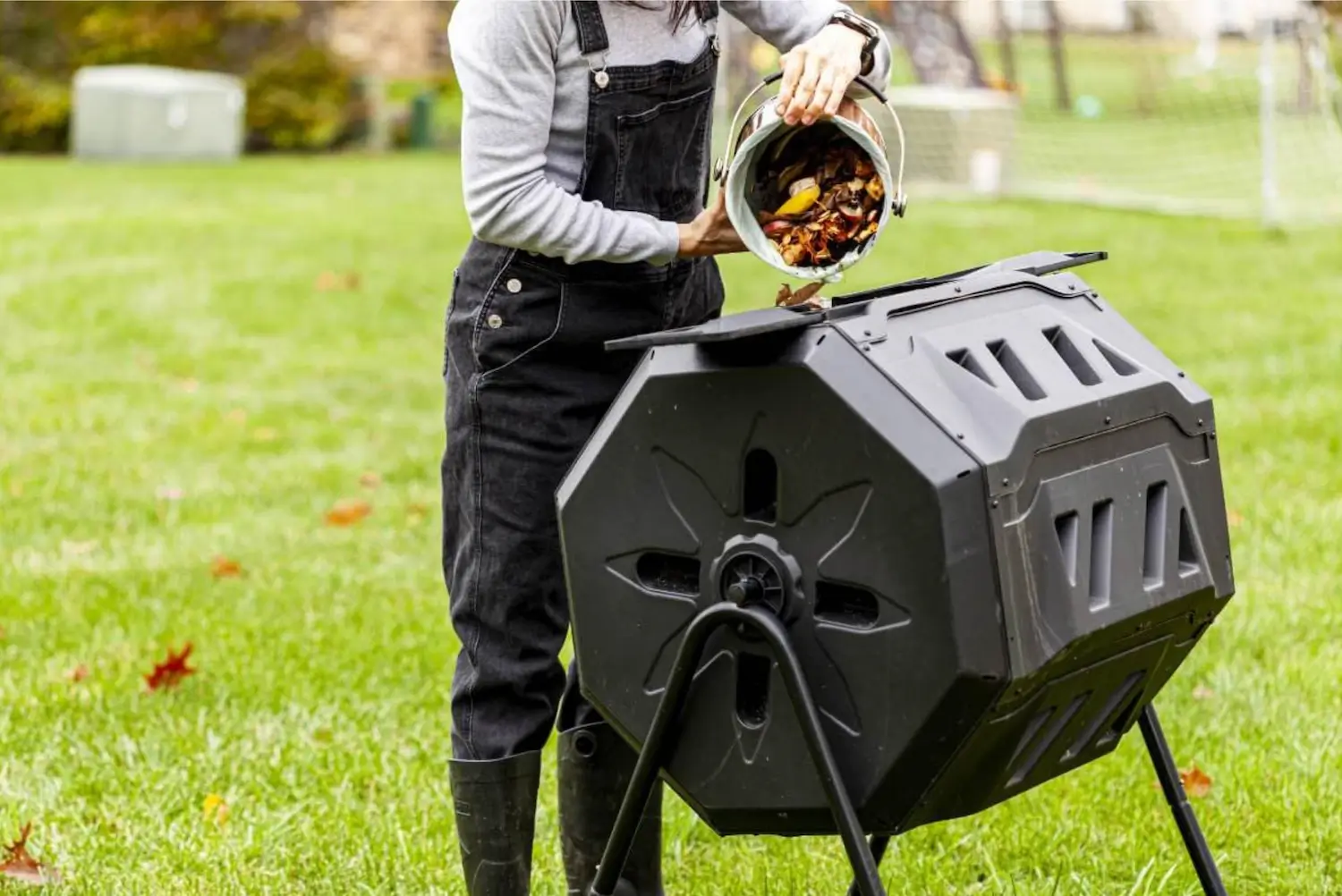
Soil Health & Fertilization
Victor Miller
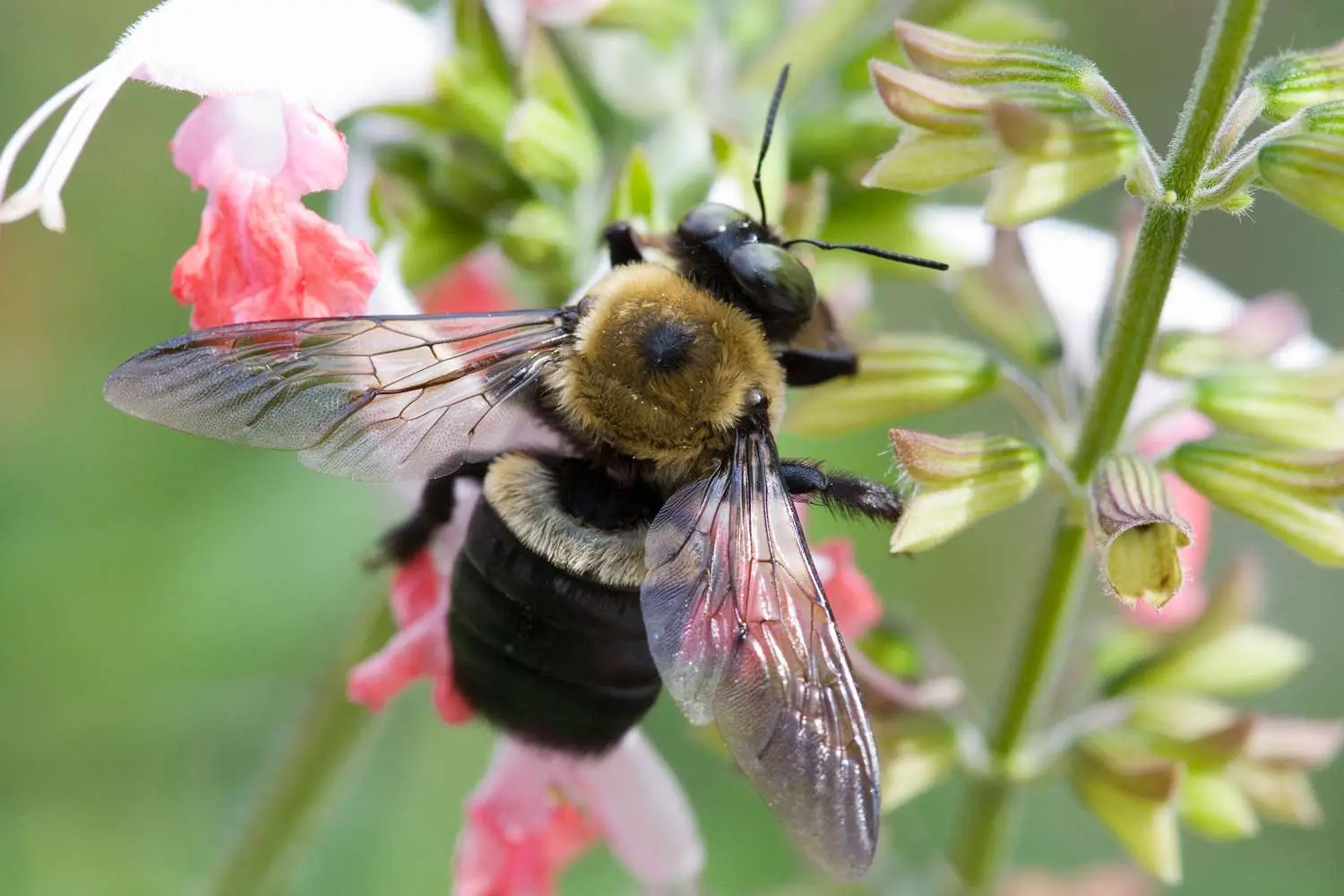
Pest Identification & Prevention
Victor Miller
My Account
Our team is always here to help.
We are open Monday - Friday, 9:00 AM to 4:30 PM PST.